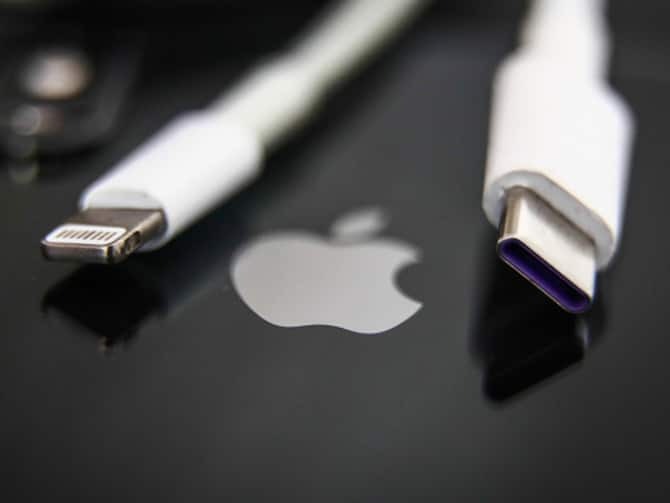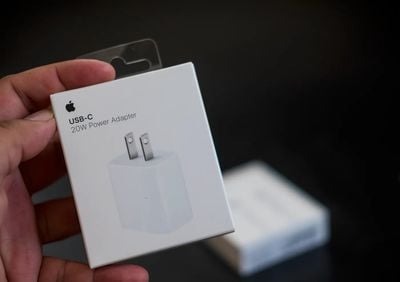
As Apple’s iPhone 15 series launch draws nearer, reportedly just two weeks away, Apple retail staff are being instructed to highlight to customers during the purchase process that the shift to USB-C entails the use of new charging cables. These new devices won’t be compatible with their existing Lightning charging cables, which they may already possess.
As customers buy a new iPhone 15 model, Apple employees will be instructed to advise them that although a USB-C to USB-C cable is provided in the package, a USB-C charger is not included. Consequently, employees will guide customers to the in-store options for Apple USB-C power adapters and additional Apple-certified USB-C cables to ensure they have the necessary charging solutions for multiple locations.
For over a decade, Apple employed its exclusive Lightning port in iPhone models, yet its Macs and iPads gradually shifted to the widely adopted USB-C charging standard. The company’s move towards USB-C for iPhones, influenced in part by new European regulations, has been accelerated. Despite Apple’s initial reluctance to make this change in 2023, it anticipates substantial financial gains from the transition.
As per insights from Apple analyst Ming-Chi Kuo, in March, Apple made a substantial adjustment to its shipment projections for the 20W USB-C charger. They increased the forecast by roughly 120% for the third quarter of this year and established shipments of about 70 million units for the fourth quarter. Consequently, the overall shipment growth for Apple’s 20W USB-C charger in 2023 is expected to be robust, with a projected year-on-year increase of 30–40%, reaching an estimated 230–240 million units. This surge is attributed to robust demand for replacements.
Kuo anticipates that the forthcoming iPhone 15 series will offer enhanced charging speeds when paired with MFi-certified USB-C chargers, including Apple’s own 20W Power Adapter. On the other hand, Leaker ShrimpApplePro suggests that iPhone 15 models will exclusively endorse USB-C accessories that have received certification from the Apple Made for iPhone (MFi) program.

Simultaneously, Foxconn, an Apple supplier, is reportedly manufacturing accessories such as EarPods and cables featuring MFi-certified USB-C connectors. Additionally, Apple is anticipated to launch a fresh AirPods Pro charging case compatible with USB-C.
Certain iPhone 15 models might offer charging capabilities of up to 35W, enabling faster charging when using a compatible power adapter. It remains uncertain whether this feature will be accessible across all iPhone 15 models or exclusively reserved for the iPhone 15 Pro variants.
Currently, the iPhone 14 models support a maximum charging rate of approximately 27W, with the Pro models boasting slightly faster charging. Elevating the charging speed to 35W would noticeably reduce the time needed for a full charge. Should the iPhone 15 models indeed support up to 35W charging, Apple may recommend its 30W MacBook Air charger or the 35W Dual USB-C charger for optimal charging speed.
In light of these developments, Apple is poised to reap substantial revenue from USB-C accessory sales, as it effectively phases out Lightning cables and traditional USB-A chargers, which are already in widespread use by countless Apple customers worldwide. With the expected price hike for the iPhone 15, potential buyers in the market for a new model this year should also be prepared for the additional cost of replacing chargers and cables.



